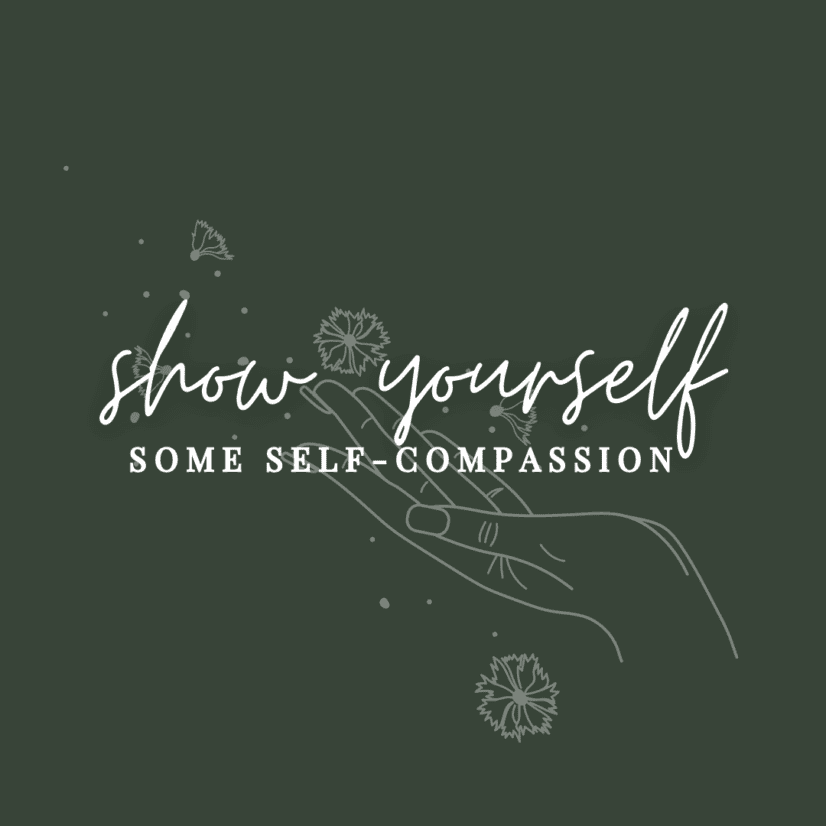What is self-compassion?
Dr. Kristen Neff has spearheaded the development of self-compassion into a dominant construct in the evaluation of mental health and psychological therapy. Neff defines self-compassion as “being touched and open to one’s own suffering, not avoiding or disconnecting from it, generating the desire to alleviate one’s suffering, and to heal oneself with kindness.”
While this concept may be a little difficult to grasp – numerous studies are showing that greater self-compassion is linked to less anxiety and better emotional wellbeing. Neff proposes three components of self-compassion:
- Kindness versus self-judgement;
- Common humanity versus isolation; and
- Mindfulness versus over-identification.
She suggests that these three components conjointly interact to create a self-compassionate frame of mind. Self-compassion becomes increasingly important when dealing with life situations that cause us mental, emotional, or physical struggle.
How can you increase your self-compassion?
Dr. Neff outlines the following three practices:
- Increase your levels of self-kindness: Treat yourself with more warmth and compassion when you suffer, fail, or feel ‘less than’. Don’t ignore the difficult emotions you are experiencing or engage in self-criticism for struggling. Being imperfect and experiencing difficulties are a part of life. Accept this reality with sympathy and gentleness and give yourself grace as you navigate uncertain times.
- You are not alone: Human beings are just that – human. We are vulnerable and imperfect and all of us suffer. You are not alone in your suffering – there is not something ‘wrong’ with you for experiencing difficulties and challenges.
- Be mindful of over-identifying with your negative emotions: Easier said than done, right? But trying to be mindful of our thoughts and feelings as they are without suppressing them or inflating their importance can help in not getting swept up in them and keeping things in perspective.
Self-compassion is a new way of relating to ourselves. The more we can practice being kind and compassionate with ourselves, the more the habit will stick with us and lower our levels of anxiety. Neff suggests using formal and informal practices to develop self-compassion, such as the self-compassion break or meditation and breathing techniques.
As Dr. Neff says “instead of judging and criticizing oneself for perceived inadequacies or shortcomings, be more understanding when confronted with personal failings.
Who ever said you need to be perfect?“
Written by: GROW Staff

